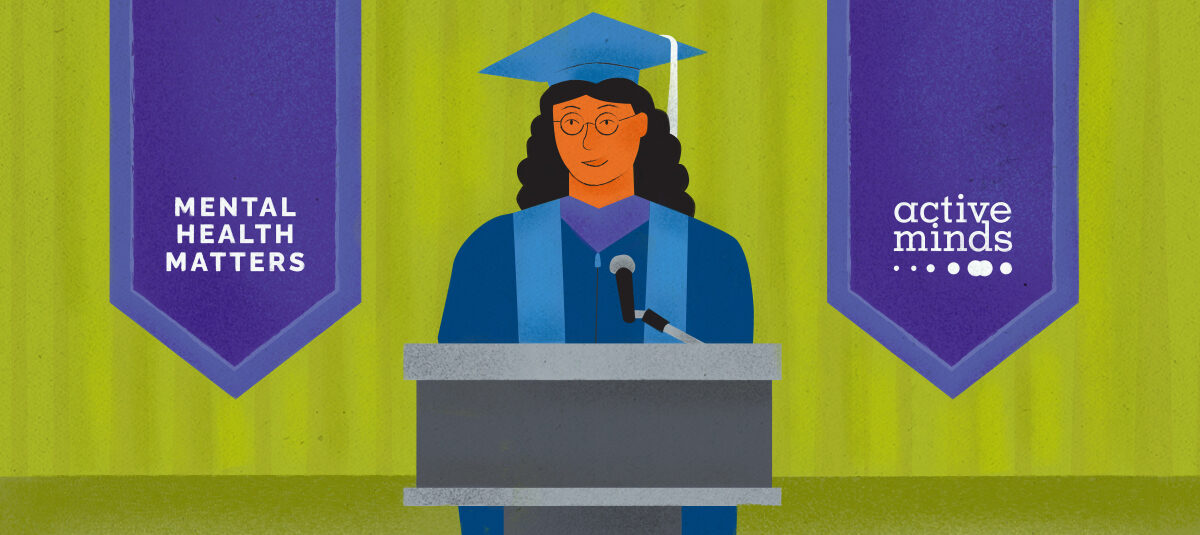Change is difficult and isolating. The transition from high school to college was no different. Leaving home and moving to a different state while experiencing a complete social reset certainly impacted how I understood mental health. When I started college, I did not prioritize mental health due to my simplistic understanding of it — I did not know the value of genuinely connecting with others on a deeper level or the impact that loneliness would have on my ability to manage my mental health during college. I have learned a lot from the natural changes I experienced during my undergraduate education, but what truly changed my perspective was the COVID-19 pandemic.
I was a freshman at the start of the pandemic, so when the university canceled classes and sent everyone home to quarantine, I’d only had a taste of a typical college experience (literally one semester). Then, unlike many other colleges and universities around the country, my university decided to have all students return to campus and attend in-person classes while masked during the fall of 2020. While many students craved to return to school, my friends and I felt stuck. In school, we were only allowed limited interactions with each other, and we were now also isolated from our families back at home because of social distancing and travel mandates. In such a condition, I realized the impact of loneliness and the power of meaningful connection. Being unable to interact normally with newly-formed friendships made the walls between people feel large and looming. But then, one hopeful decision redirected the trajectory of my college experience.
I knew that if I was going to combat the loneliness that I and so many others were experiencing, I had to take action. Revitalizing the St. Bonaventure University (SBU) Active Minds Chapter alleviated some of the isolation I experienced during the pandemic. I felt a greater sense of community, and working with individuals from other organizations opened my eyes to the endless possibilities of connection. Collaborating with various clubs taught me that I was not alone regarding the pandemic or general mental health concerns because we all came together to share our thoughts in a safe space. I saw a glimpse of this collaboration and solidarity through the opportunity to talk about mental health, race, and culture at the SBU Damietta Center, a part of the university’s Equity Institute, a community for events and initiatives focusing on diverse experiences. We asked different cultural student groups to come together and share their unique experiences. After this discussion, I felt a sense of comfort knowing that I am not alone, but I also felt a sense of sorrow knowing that certain struggles are commonalities between groups. Being part of my university’s Chapter of Active Minds and seeing others open up through discussions about mental health taught me to embrace my vulnerability and grow closer to others, developing and deepening relationships with them.
It’s important to remember that your mental health will continue to fluctuate as you experience new things in new places — that’s normal. At the same time, everyone, despite their starting point, can face change with courage, be vulnerable, and remember that they are not alone in their battles. As I graduate in a couple of days and move on to medical school, I will take the same lessons I have learned over the past four years. While new experiences, such as heading to medical school, are sometimes overwhelming and nerve-wracking, finding a community that supports and cares for you can make a world of difference in how you manage loneliness during college and beyond.




